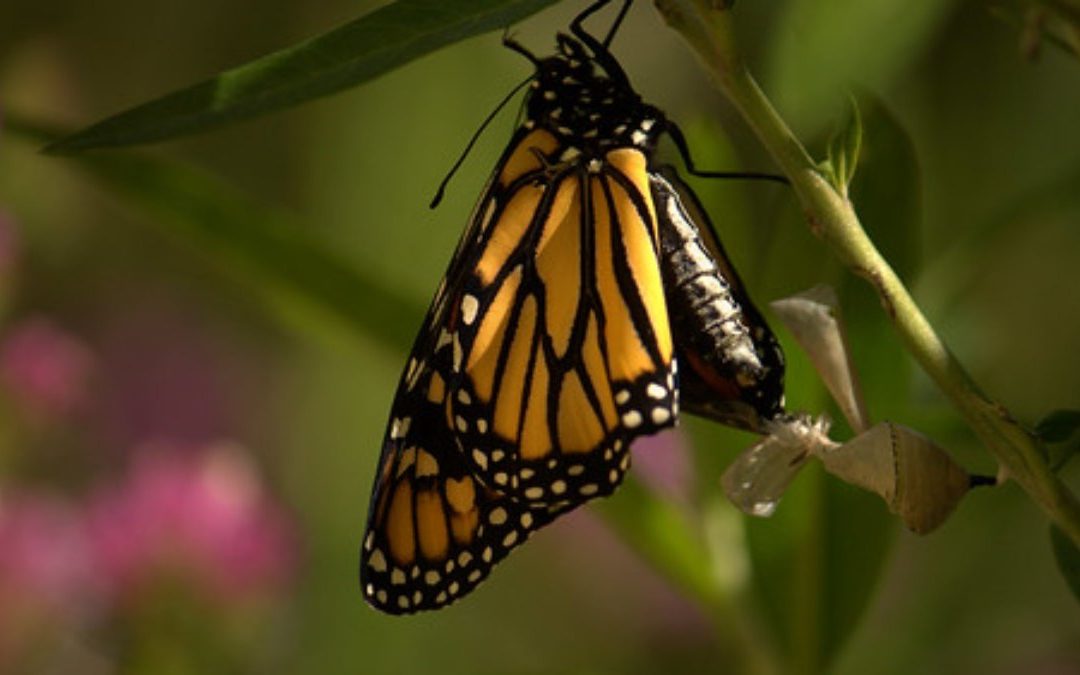
by Alice Hutchins | Dec 3, 2019 |
Over the past year, the Global South Academic Network and the Disaster and Emergency Resilience network have been working on building up global connections. The aim was for Scholars to be able to share their studies and projects from around the world and collaborate with like-minded researchers on pioneering and vital analysis of disaster risk management, and equality for all.
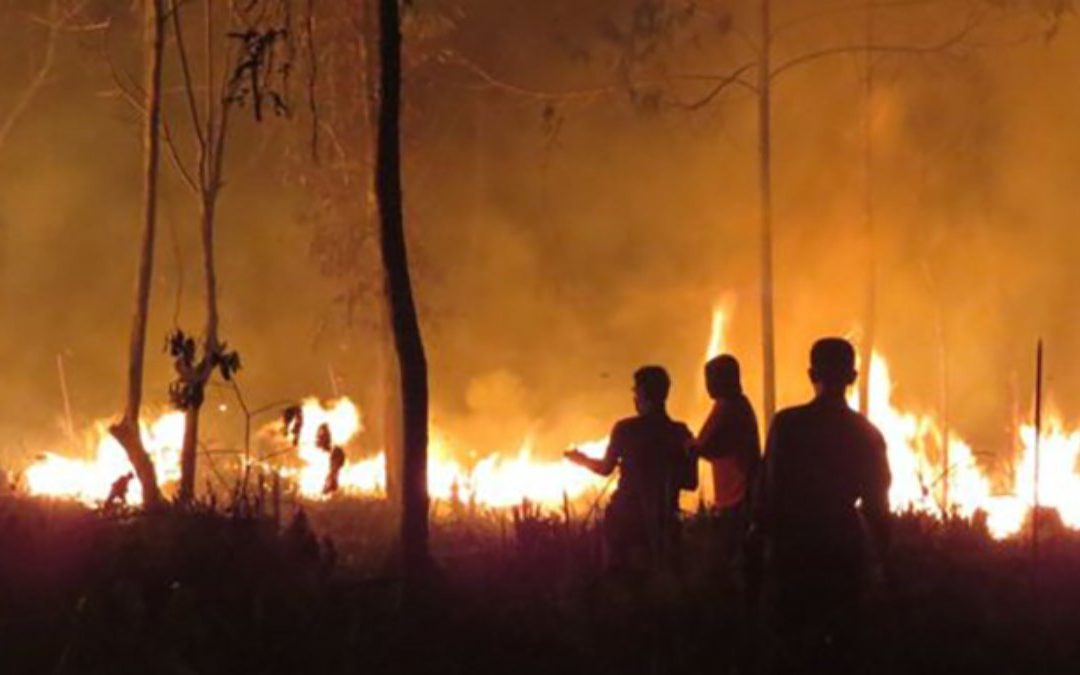
by Alice Hutchins | Nov 14, 2019 |
Jurnasyanto Sukarno, a Greenpeace photographer currently in the depths of Palangkaraya, Kalimantan in Indonesia recently reported on his harrowing journey to the city’s ‘Oxygen House’, where the local people go to dispel the effects of the fire season.

by Alice Hutchins | Oct 14, 2019 |
For many years now, the aging population has become an increasing concern. With the existence of modern medicine, life expectancy has doubled from that of the Victorian era, and mortality rates are at a new low. With the successes in the older generation, comes new apprehensions towards known problems like Cancer, Parkinson’s and Alzheimer’s.

by Alice Hutchins | Aug 9, 2019 |
The plastics problem is a worldwide phenomenon that is having disastrous effects on our environment and its inhabitants. Recent research has suggested that around 60% of all plastic waste that enters our oceans comes from five areas within the global south: China, Indonesia, the Philippines, Thailand and Vietnam.
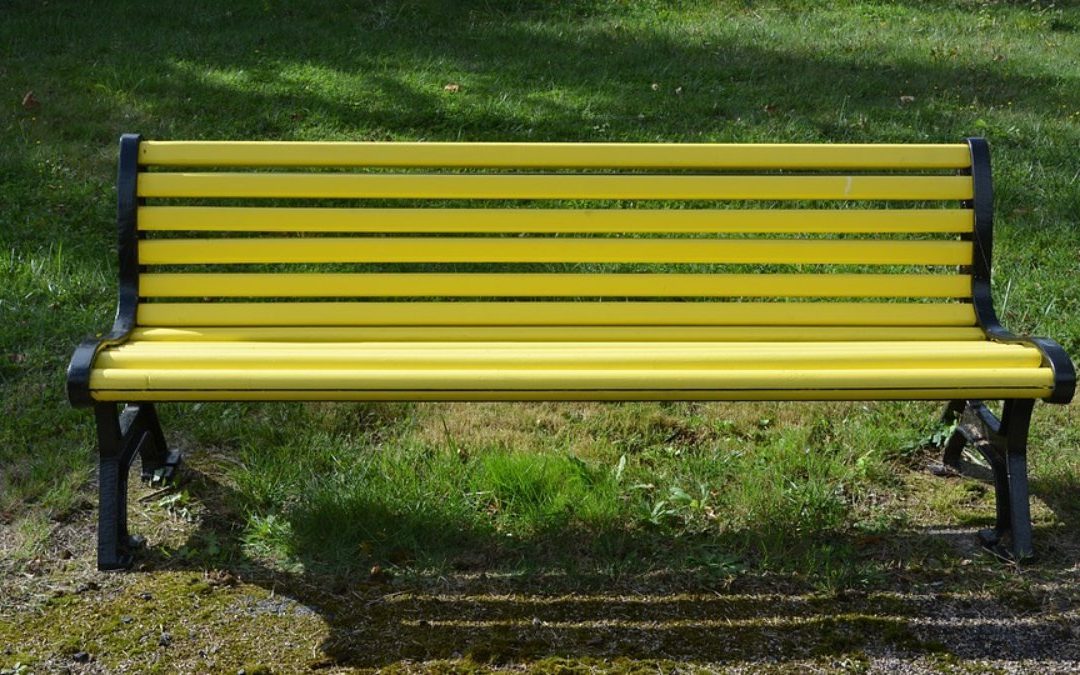
by Alice Hutchins | Jul 9, 2019 |
In recent years, Mental Health has become an increasing concern, in every continent of the globe, and finding new ways to tackle it is a major struggle for many communities. This extends as far as Zimbabwe, where an interesting and unorthodox form of therapy is taking place.

by Alice Hutchins | Jun 7, 2019 |
In India, women are rarely seen outside after dusk. Many of the nation’s women occupy the domestic sphere, residing in the homes, providing the meals and caring for their families. However, this is not the case for the microcosm at the Kochi Metro Station, where a surplus of female operators work, and drive the trains late into the night shift.
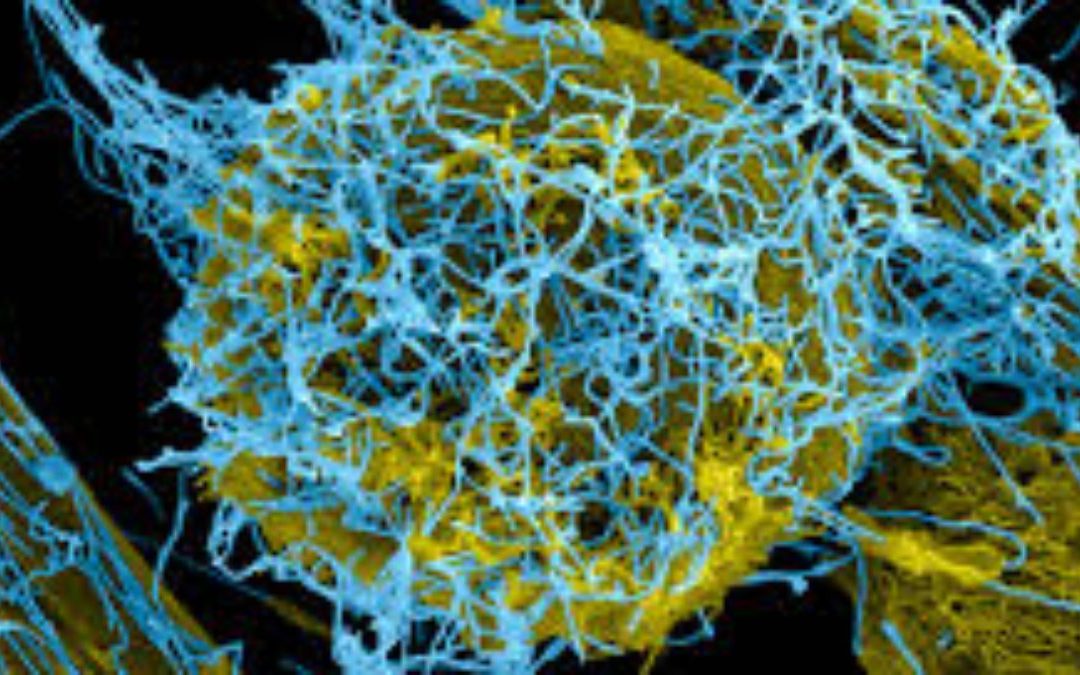
by Alice Hutchins | May 31, 2019 |
Framing a subject or issue involves taking some element of the issue and making it more important than any other element associated with the subject or issue. In doing so, a subject or issue is defined, with actors, origins, and associated costs and benefits to attend to the subject or issue.

by Alice Hutchins | May 24, 2019 |
How did media communicate the Ebola crisis of 2014, and how did the public respond? Analyses of media framing often focus on content and themes, but argue that syntax and sentiment also shape how audiences understand messages.

by Alice Hutchins | May 10, 2019 |
The clothes industry has an incredible impact on the environment, from the chemicals and dyes that can be used to treat fabrics, to the sheer quantity that end up in landfills each year. Micro-fibers that fall from clothes in our washing machines feed in to the drainage system, and then end up contributing to the micro-plastics problem in our oceans. With the growing industry comes growing issues.
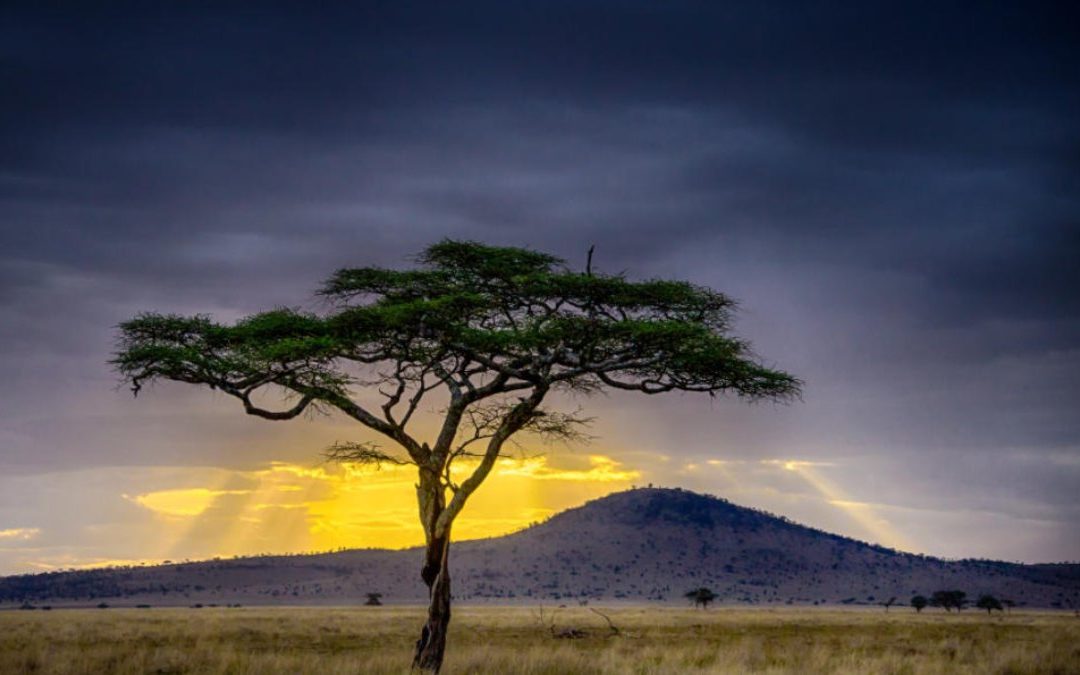
by Alice Hutchins | Apr 26, 2019 |
Data is one of the essential components in understanding economic and political development in countries from the Global South, such as Africa. That is why the Department of Economics and International Development at Dalhousie University, Canada, are hosting a workshop to procure papers on the collection and analysis data on agricultural productivity, conflict, and the environment.









